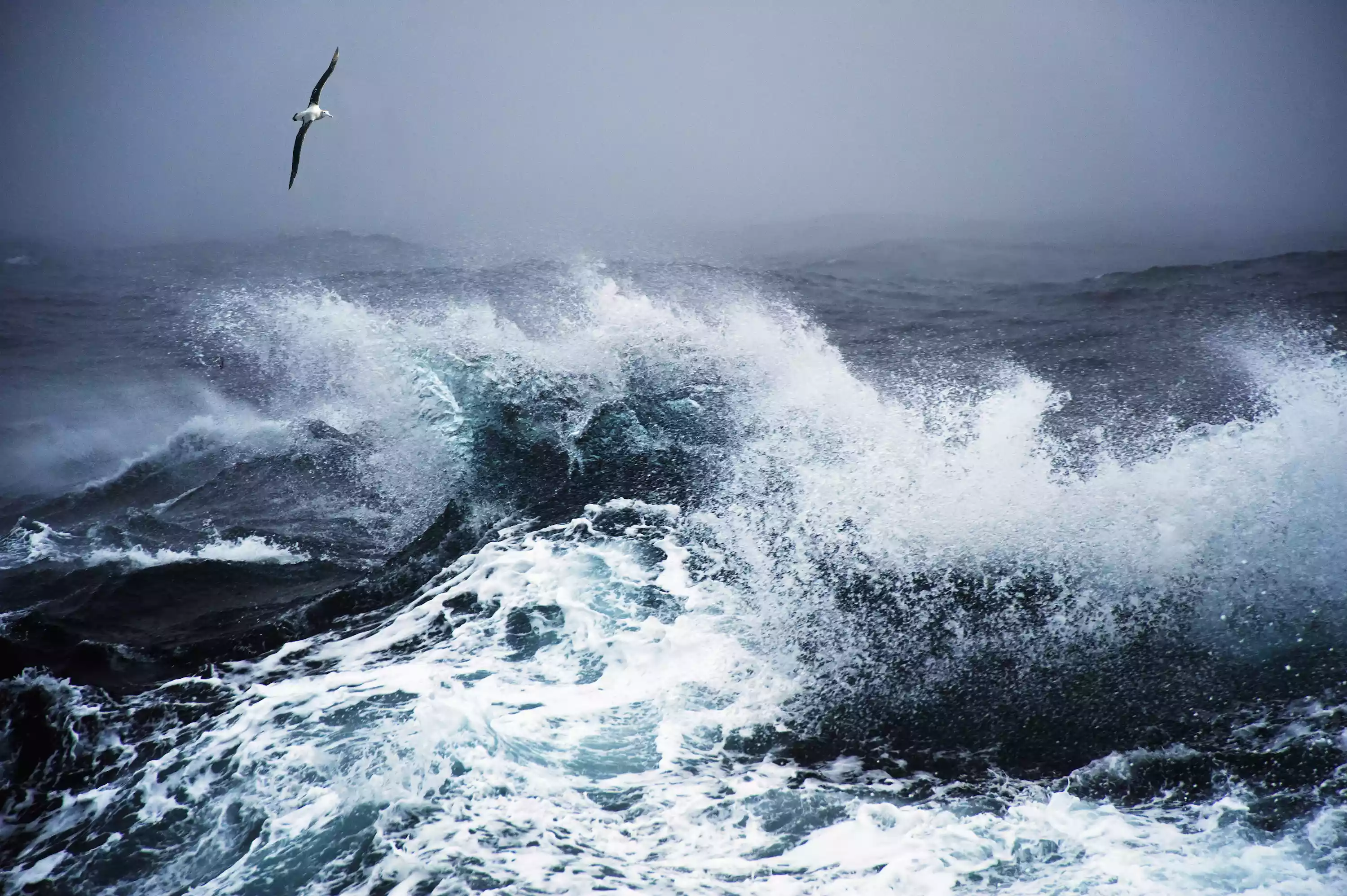Essays, Not Rants: 028: The Hero and the Antihero
The Avengers came out on BluRay (and DVD, but I’m a BluRay person) on Tuesday. Naturally, I have it. Now, stop your groaning: this isn’t another post just about how good that movie is. Well, okay, it kinda is, but not only. Trust me.
See, Iron Man and Captain America embody two distinct archetypes. Cap’s the hero, Iron Man’s the antihero. But neither Steve Rogers nor Tony Stark fall into the abyss of dull stereotypes.
Typically, these stereotypes are just the archetype in fancy clothes. Rather than getting an actual character we’re treated to the hero who believes that he must do good because it is good and good is what he does (because it’s good). The villain is an evil man who does evil because he enjoys the evility of evil. These aren’t characters. These are lousy plot devices dressed up as characters.
Compare Steve Rogers in the Marvel Cinematic Universe. He’s introduced in his movie as a genuinely good guy. He wants to become a soldier not to go on a Nazi killing-spree but rather because he doesn’t like bullies. He’s earnest, he’s good. In The Avengers he’s still that really nice guy. When he meets Bruce Banner he dismisses the monstrosity of the Hulk due to Banner’s intelligence. They want him, not the monster, and so Steve treats him as the scientist.
It’d be easy for Cap to become dull and uninteresting or, worse yet, corny. But he doesn’t because he’s got a character to him. He’s interesting, he has his ideals that go beyond good for the sake of good.
Tony Stark serves as his foil. The hero who’s not all that heroic isn’t exactly rare these days (a hero hero [like Cap] is hard to find instead). Tony wins us over due to his charm and, again, the fact that he has depth. When presented with the truth about his weapons he decides it’s time to fight back. He fights his own demons to keep up the hero thing.
He’s not glib and sarcastic just because it’s ‘cool’. Like Steve Rogers, he has a background to it all. Tony Stark is a man who bears the traits typical of the antihero, rather than being an antihero with a personality painted on.
So we have these two fully realized archetypes. Now what?
Now comes the fun part! What happens when the hero and the antihero collide? When idealism and cynicism meet, what do we have?
Tony and Steve butt heads in The Avengers. Whether it’s Tony messing with Bruce, Steve’s militaristic attitude to losing a soldier or anything in between, they seldom see quite eye to eye. It’s the interplay and clash between the two outlooks (and archetypes) that we find so interesting. A good deal of both characters’ arcs is spent on them reconciling their differences to work as a team (along with the rest of the Avengers). The payoff is, of course, getting to watch Captain America and Iron Man work together. And it means so much more because of the characters and the interplay of archetypes.
The thing about archetypes is they’re universal. Star Wars gives us Luke and Han. Luke’s the wide eyed idealist of a farm boy who yearns to save the world. Han’s the cynical smuggler who’s been across the galaxy a few times over. When presented with saving the princess Luke leaps to the call. Han opts to stay out of trouble until the prospect of payment emerges. Again: hero and antihero.
Luke and Han’s different views and personalities lend a humanizing aspect to the fantastic adventures. It’s not overt and not the focus, but it adds and help defines both characters. We have characters built on archetypes interacting and driving the story. Furthermore, over the trilogy both characters develop: Han gets his dose of heroism and Luke his darkness.
Sometimes both archetypes can be embodied in one character. Take Nathan Drake from Uncharted. Sure, he wisecracks, makes fun of everything, and happily insult his ex-partner-in-crime. But he’s also the guy who’ll risk his neck to save his friends and face a madman to save the world (berating himself the whole time). Within Drake we have an antihero with the core of a hero. It’s the internal tension between two archetypes that gives us a lot the character and heart in the stories.
Archetypes. Yay. Like most every trope/tool in literature/fiction, they can be used fantastically or wind up being sheer [crud]. Don’t think that sticking a hero, antihero, optimistic bruiser, angry stoic, atoner, and ace will elevate the piece. It’s about fleshing them out, making them interact, and, most importantly, making them interesting.
Normally, anyway.
Also: buy my book In Transit! There are characters who embody archetypes in it too! And they’re interesting too!



7 Comments
Recommended Comments